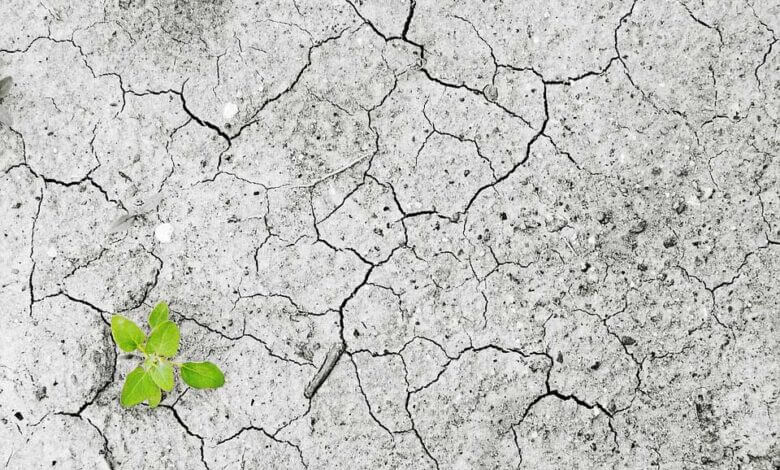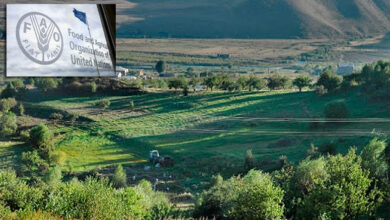
1Morteza Manshadi 2 Behrouz Esmaeilzadegan 1 Assistant Professor at the Political Science Department, University of Ferdowsi, Mashhad, Iran 2 Political Science Professor at Ferdowsi University, February 2018, Mashhad, Iran
Reducing water resources, land tenure, and food security for an increasing population are some of the most important challenges that the Middle East will face in the near future. In a situation where water scourge is most common in Middle Eastern countries and the neighbors of the Islamic Republic, future struggles to fight water and energy will be inevitable. If such a situation is created, it will undoubtedly be possible for countries that own a strong agricultural sector to have more political power and influence. The strengthening of the agricultural sector, with the aim of producing market products, is the basis for the development of a sustainable development strategy, and the achievement of that goal is based on the use of new technologies in agriculture. The Middle East can increase its ability to manage future crises. This paper, based on an advisory approach, answers the question of how the relationship between the changes in agricultural production and the management of water shortages impacts Iran’s influence on other countries in the region. The argument of this paper is that the production of agricultural products required by the region will lead to an increase in the dependence of other countries of the region imports from Iran and will add to the influence of the Islamic Republic.




